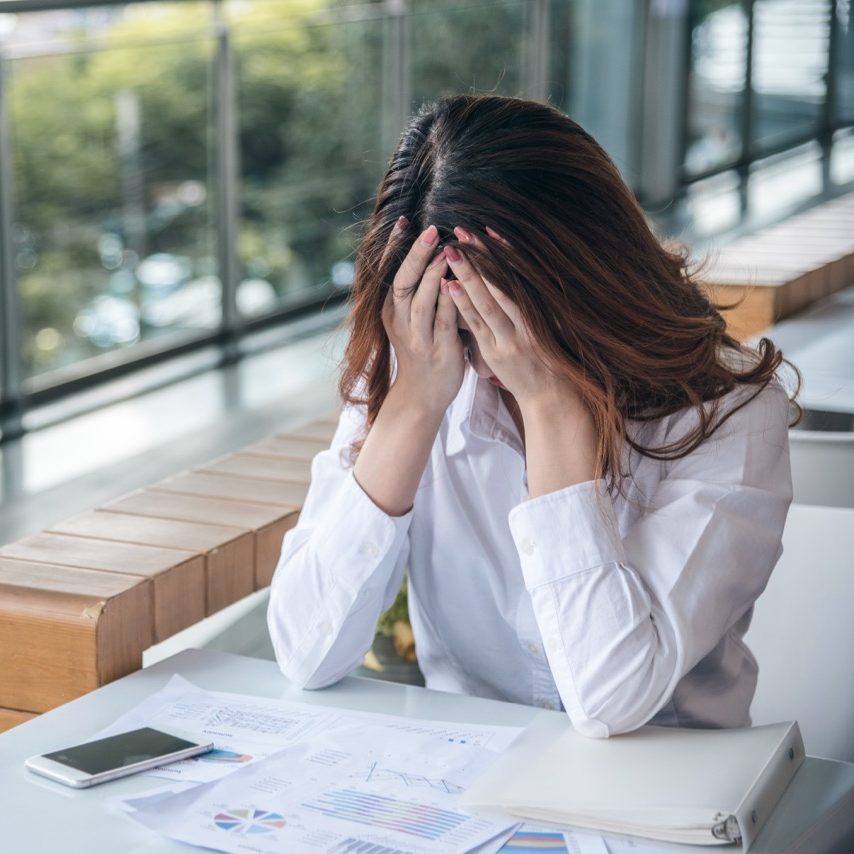15 Strategies to help with Anxiety
We all get anxious from time time. If you suffer with an ongoing anxiety disorder then it is important to seek professional advice. However if you’re looking to ease daily anxiety and stress there are various dietary and lifestyle strategies that have been shown to help according to the research. Here I outline 15 strategies backed by research.
What is anxiety?
Anxiety disorders are a group of disorders which include generalised anxiety disorders, panic disorders, OCD, phobias and PTSD. The symptoms vary depending on the type of anxiety but include irritability, sleep disturbances, difficulty concentrating, tense muscles, dread of social interactions and difficulty overcoming worries. There is typically a heightened sense of fear and ongoing high state of worry and arousal.
Underlying these symptoms research suggests there are imbalances in how certain areas of the brain function. The amygdala which controls fight or flight response is often overactive.
While the prefrontal cortex which inhibits the fear actions of the amygdala is underactive. Other studies suggest that impaired activity of the hippocampus is also involved.
As a result of these imbalances changes occur in the balance of key neurotransmitters (serotonin, adrenaline, dopamine, GABA) as well as brain derived neurotrophic factor BDNF and the HPA axis.
In addition to medical intervention there are a number of strategies that may be helpful.
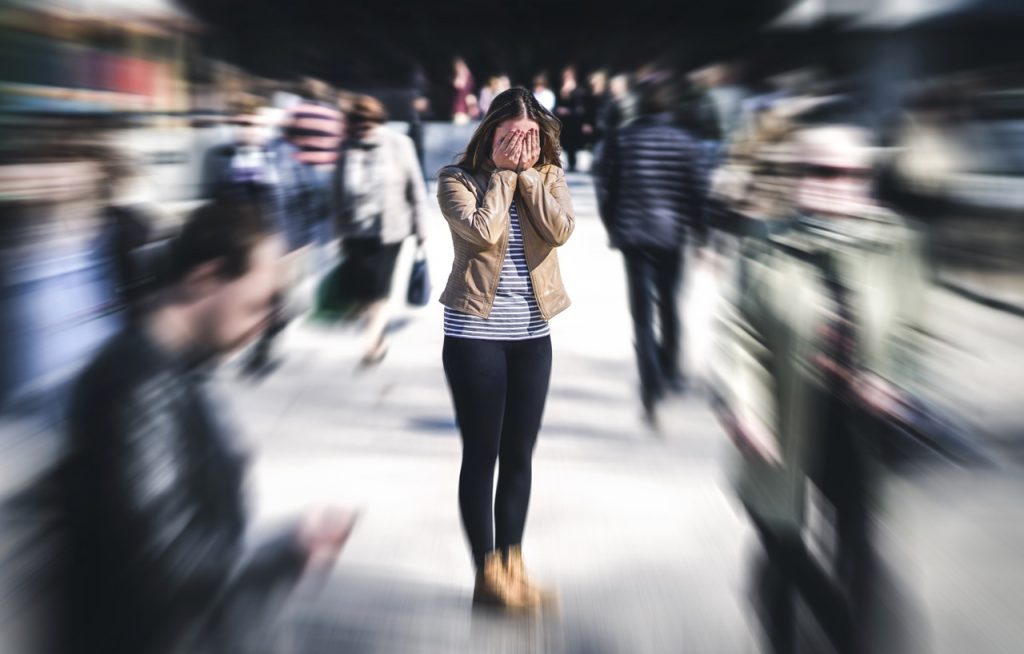
- Cognitive Behavioural Therapy. CBT is one of the most widely-used evidence-based strategies for reducing anxiety. CBT aims to help people develop coping strategies to solve current problems and modify unhelpful cognitive patterns (thoughts, beliefs, and attitudes), behaviours, and emotions. There are online CBT programmes which may be effective.
- Meditation & Breathing techniques. Meditation and mindfulness has been reported to lead to improvements in emotions and boosting mood. Studies have shown it can improve the balance in the functioning of different areas in the brain. Diaphragmatic breathing is another technique that promotes relaxation. Various studies have shown it can be helpful in reducing anxiety.
- Exercise. There are many benefits of exercise including lowering levels of stress, anxiety and depression. Aerobic exercise has been shown to be of particular benefit. In fact just one session of 20 minutes aerobic exercise can reduce anxious feelings. Try and exercise for 20-30 minutes daily and make this part of your daily routine.
- Get Gut Healthy. The gut microbiota are believed to be able to affect brain health. Various studies suggest that the diversity and composition of the gut microbiome can influence mood and resilience to stress. Studies have shown certain probiotics can help reduce stress and anxiety – therefore consider consuming probiotic rich foods daily (yogurt, sauerkraut, kefir etc) and make sure your diet contains sufficient fibre rich foods and polyphenols which can support a healthy gut flora. Lactobacillus and Bifidobacterium are two types of bacteria that have been studied in the treatment of anxiety. If you struggle with digestive health then read my GUT HEALTH DIET book
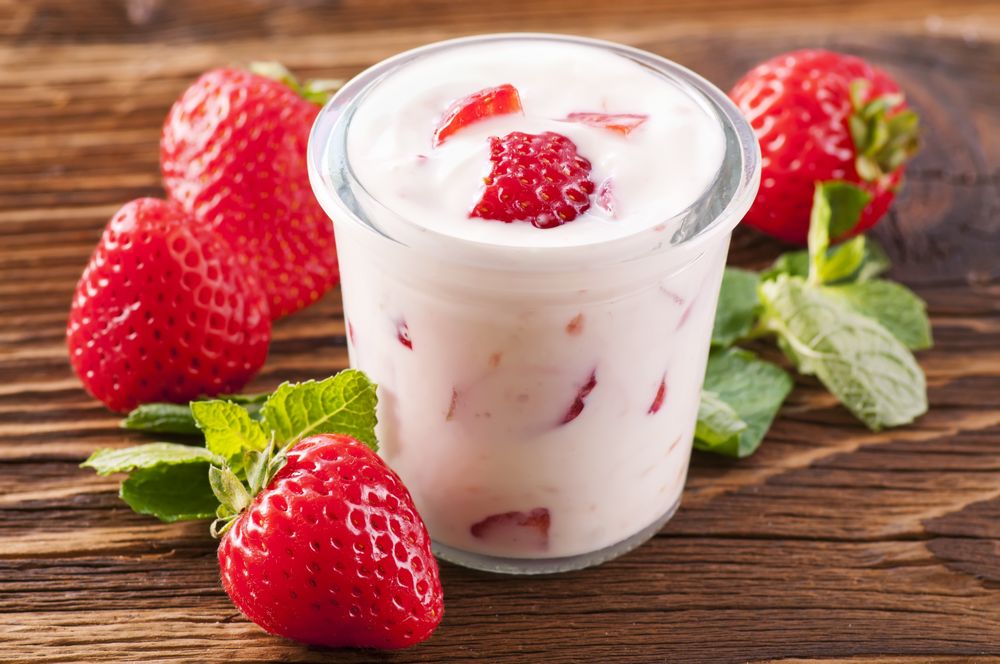
- Balance Blood Sugar. While eating that chocolate cake may temporarily make us feel better using sugary foods and drinks to pick up our energy and mood can actually have the reverse effect long term. Highs and lows in blood sugar can trigger more feelings and stress, low mood and anxiety. Skipping meals, eating erratically can all contribute to fluctuating blood sugar during the day. So instead focus on including sufficient protein through the day with slow releasing carbohydrates (wholegrain rice, oats, vegetables etc)
- Sunlight and Vitamin D. With some people anxiety can be follow a seasonal pattern being worse in the winter. Studies have shown that when exposed to UVA radiation serotonin levels increase and anxiety decreases. Several studies have suggested that the symptoms of SAD may be due to changing levels of vitamin D3, which may affect serotonin production.
- Ginkgo Biloba. Ginkgo biloba is a medicinal plant with a history of use for age-related cognitive decline. Various studies have also shown that supplementation can reduce anxiety symptoms. Taking between 250-500mg for at least 4 weeks may be worth trying based on the research.
- NAC (N Acetyl Cysteine). NAC is an amino acid, something present in many foods, but supplements give you a higher dose than you’d get in your daily diet. NAC seems to help with ruminations, negative self-thoughts typical in depression and anxiety.
- Choline. Choline is an essential nutrient that is commonly deficient in many people’s diets. It plays a key role in cell membrane health, nervous system support and fat transport. Good dietary sources include eggs, liver, cod, salmon, broccoli and soybeans. Low levels have been associated with anxiety.

- Cannabidiol (CBD) oil. Cannabidiol is one of the bioactive compounds found in cannabis and hemp. However it is not psychoactive like THC and does not make you high. Various studies have indicated that it can reduce anxiety by activating serotonin receptors. CBD binds to cannabinoid receptors, which are frequently found in the hippocampus and amygdala – regions of the brain which are widely believed to be involved in emotional control. CBD receptors may also influence GABA which helps you feel calm and in control. A single CBD dose of 400 mg was linked to reduced anxiety in a brain imaging study of 10 people with seasonal affective disorder.
- Try 5HTP for a Serotonin Boost. 5-Hydroxytryptophan (5-HTP) is a naturally-occurring amino acid which the brain uses to produce the neurotransmitter serotonin, involved in mood. It can also improve sleep patterns as well. Various research suggests that by improving serotonin levels it can also help with low mood and anxiety. Certainly it appears effective for reducing overall stress and panic attacks.
- Try Herbal Support. Various herbs appear to have anti-anxiety properties. These include lavender, chamomile, valerian, passionflower, L theanine, lemon balm and hops. For example inhaling essential lavender oil can ease anxiety which may be due to its effect on GABA. Try a few drops on your pillow at night and sip herbal teas during the day.
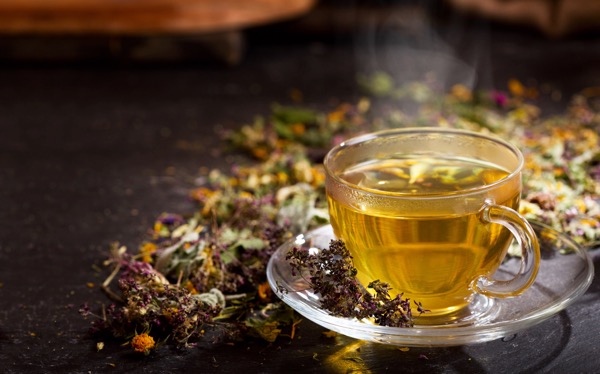
- Get more Magnesium . Magnesium is often referred to as the relaxing mineral. Supplementation has been shown to improve anxiety, overall stress and sleep patterns. In some cases improvements can be felt within a week of supplementation. As deficiency in magnesium is common particularly if you exercise a lot it may be worth trying for a few weeks to see if it makes a difference. Good food sources include leafy greens, wholegrains, nuts, seeds, tofu, salmon.
- Eat more Oily Fish. The essential omega 3 fats commonly found in oily fish like salmon, trout, sardines and mackerel are vital for healthy brain function. Low levels have been associated with increase stress response and anxiety. One of the reasons it may be beneficial is through reducing inflammation which in turn may affect the balance and signalling of neurotransmitters that influence mood. Many people don’t eat enough oily fish. While there are other sources like flaxseed and chia seeds for example, conversion to the active components EPA and DHA is poor. If you don’t eat fish then consider a supplement of EPA and DHA daily.
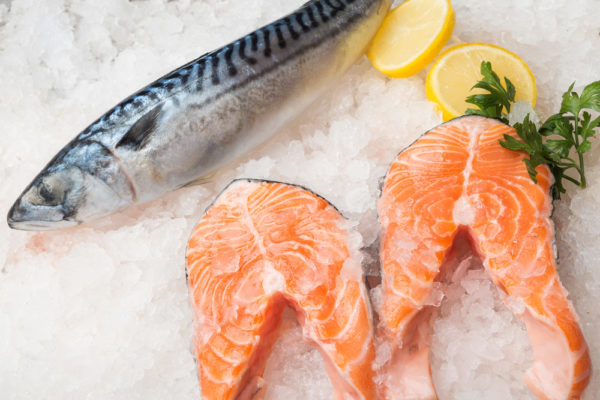
- Drink Green Tea. L Theanine is an amino acid found in tea particularly green tea. It is known to help lower stress response, calm the mind and improve focus and concentration. Research has suggested that supplementation may reduce anxiety. It is thought that L-theanine may act by increasing brain levels of several important neurotransmitters, such as GABA and serotonin which help boost mood. Try drinking 3-4 cups of green tea a day. If you find caffeine is too stimulating for you then choose decaf varieties.
If you are struggling with stress and anxiety then why not book in for a consultation for one to one support. You may also find our article on sleep helpful

